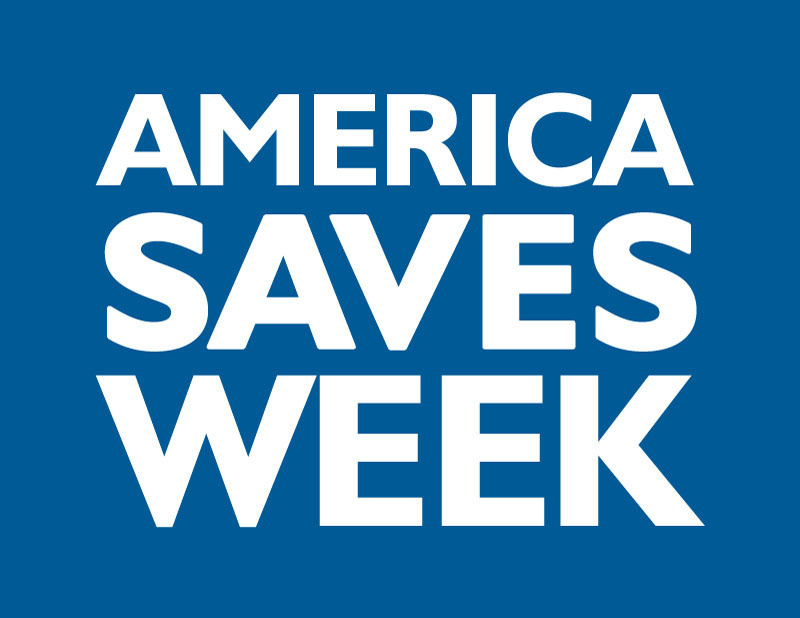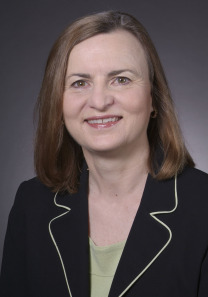AMES, Iowa – Starting a savings plan is really no different than starting a diet or new exercise routine; both require changing behaviors in order to be successful, say Iowa State University financial experts. The first step is setting a specific, attainable goal.

Helping Americans take that first step is what “America Saves Week” is all about. The annual event, Feb. 23-28, is sponsored by America Saves and the American Savings Education Council. Jonathan Fox, director of Iowa State’s Financial Counseling Clinic and Ruth Whipp Sherwin professor in human development and family studies, says that first step doesn’t have to be difficult.
“America Saves is great because it’s not overly complicated and it’s a voluntary program. People come to it willingly, set a goal and then take baby steps to accomplish the goal,” Fox said. “Taking that first step needs to be unique to each individual, but it also needs to be within the framework of setting one specific goal.”
That might be paying off a credit card, starting an emergency savings fund, or increasing contributions to a retirement plan. Fox stresses the importance of focusing on one goal. Setting too many at once can be overwhelming and as a result, people fail to accomplish even one of their goals, he said.
It is clear that Americans need to be saving more. According to the U.S. Bureau of Economic Analysis, Americans are only saving around 5 percent of their income, on average. However, financial experts recommend saving 10-20 percent to adequately prepare for retirement. Cynthia Fletcher, a professor of human development and family studies, says the America Saves program is a good opportunity for everyone to assess their financial situation.
“Inertia is a huge enemy when we’re managing our money. We get comfortable and the world changes, but we don’t make appropriate changes to our savings and investments,” Fletcher said. “This can be a time for people to do a checkup and see if it makes sense to rethink their rate of savings and if they can save more.”
Making saving easy
Stagnant wages and increasing costs for basic needs, such as housing, limit how much many families can set aside for retirement or an emergency fund. Fletcher and Fox say that doesn’t mean even a small goal is unattainable. They recommend taking the following steps to help with budgeting and saving:
- Calculate your net worth – what do you own, what do you owe?
- Set a budget – how much money is coming in and going out on a monthly basis?
- Find ways to reduce spending and dedicate savings to an emergency fund or other savings plan
- Determine what you will need in retirement to make sure you’re saving enough now
Fox says the majority of Americans have no idea how much money they’ll need for retirement. While no one has a crystal ball, there are formulas to calculate that amount. Fox recommends envisioning what you want in retirement – will you travel, will you have a second home, etc.? The next step is to set a date for retirement and estimate how many years you’ll live past retirement. Online financial calculators or a financial planner can then help determine how much to set aside to meet your retirement goals.
To promote savings, some companies now encourage employees to pre-commit future raises to their retirement plans, making the contribution automatic at the time of a raise, Fox said. Most businesses also require employees to opt out of, rather than opt in to, 401(k) plans. Once that money is dedicated to a 401(k), leave it there. Fox says too many people pull from retirement plans to handle emergencies.
“It’s the leakages from retirement plans that are really jeopardizing Americans’ retirement and financial futures. People don’t seem to care that it’s fairly disastrous tax-wise and penalty-wise to withdraw from their retirement plans. And they lose all the power of the money compounding from setting it aside and just forgetting about it,” Fox said.
Beyond the basics
While many Americans lack an emergency fund, others are looking to build their savings and grow their investment portfolio. Fletcher says there are a couple basic rules to follow when looking at investment options.
“I think the challenge some people face is the tremendous information overload, and the challenge of sorting out credible, unbiased, noncommercial information. It’s important to look at information sources and ask if there is a bias or agenda,” Fletcher said. “Another good rule of thumb: if you don’t understand the investment, you shouldn’t invest in it.”
Fletcher says take the time to educate yourself and learn more about the product, but if it’s too complex, then it’s not a wise choice. Regardless of the goal you set or changes you make to your savings plan, both experts stress the need to monitor your progress. Periodically reassess and share your goals with family and friends to have a network of support to achieve that goal.

